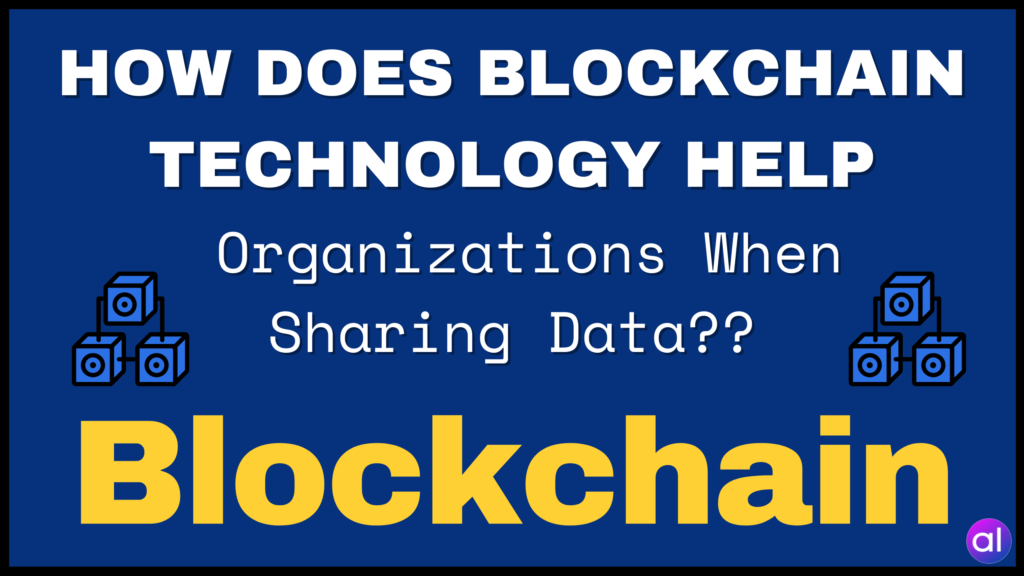To enhance the security of your business, private blockchain development is becoming increasingly popular in today’s digital landscape. With blockchain technology revolutionizing the digital ecosystem, private blockchains offer an extra layer of protection for sensitive data, meeting regulatory requirements and ensuring confidentiality.
Private blockchains provide businesses with complete control over network access, allowing only trusted participants to contribute. This exclusive and secure environment is ideal for organizations looking to safeguard their data and maintain control over who can access it.
Unlike public blockchains, private blockchains operate within a controlled ecosystem and are accessible only to authorized participants. These networks use consensus algorithms to ensure transaction validity and efficiency, resulting in faster processing times compared to public blockchains.
Implementing a private blockchain offers numerous benefits for businesses, including:
1. Enhanced security: By limiting participation to authorized entities, private blockchains reduce the risk of unauthorized access and data manipulation. Various cryptographic techniques ensure data integrity and protection from malicious activity.
2. Improved performance and cost optimization: Private blockchains streamline business processes, reduce errors, and minimize delays, leading to cost savings by eliminating intermediaries and automating operations.
3. Enhanced transparency: Private blockchains create a shared ledger that is immutable and time-stamped, ensuring all network participants have access to accurate information, reducing conflicts and improving trust.
4. Data privacy: Private blockchains allow businesses to control data sharing, ensuring sensitive information is only accessible to authorized parties, mitigating the risk of unauthorized access and data breaches.
5. Seamless collaboration: Private blockchains facilitate secure data sharing among trusted partners, eliminating the need for intermediaries and improving collaboration through real-time transaction tracking.
6. Scalability and customization: Private blockchains offer scalability to meet growing business needs and allow customization through smart contracts, enhancing operational efficiency and performance.
Building a private blockchain involves several key steps, including:
– Illustrating the purpose of the blockchain
– Choosing a consensus algorithm
– Building the network with authorized participants
– Selecting a suitable blockchain platform
– Developing and deploying smart contracts
– Executing data encryption and testing the blockchain
– Deploying and maintaining the network
Private blockchains have various applications in industries such as supply chain management, financial services, healthcare, intellectual property rights, identity management, real estate, and insurance. Examples of leading private blockchain frameworks include Hyperledger Fabric, Corda, and Quorum.
In conclusion, private blockchain development offers businesses a secure and efficient way to manage data and transactions, ensuring privacy, security, and collaboration. As blockchain technology continues to evolve, private blockchains will play a crucial role in meeting specific business needs and enhancing operational efficiency. If you’re considering implementing a private blockchain, partnering with a trusted blockchain development firm can help you navigate the complexities and customize solutions to meet your requirements.



